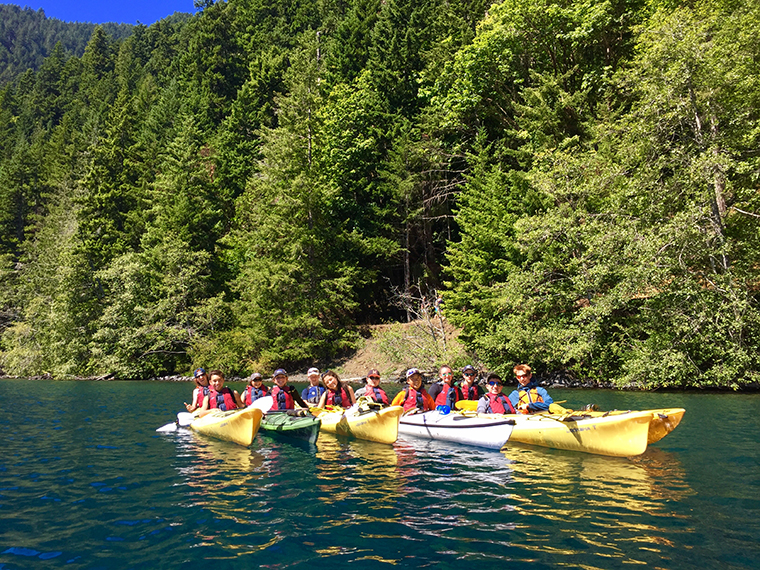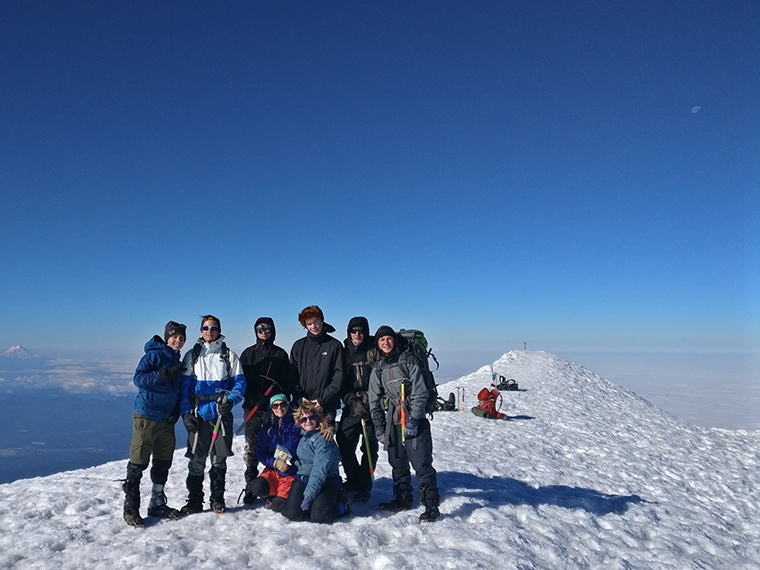Every year in December, I begin searching for the “perfect gift” for my kids. There are things that they want or “need,” but many of those things are not what I am excited about giving them.
The marketing aimed toward consumers, especially at this time of year, erases the line between “want” and “need.” We are being told we need this or that and that we will be happier, more beautiful, better people with whatever they are trying to sell. Of course, we know that isn’t true, but I know it’s easy to get caught up in it. On top of that, our kids are feeling social pressure to have the latest and coolest… whatever.
Like other parents, I want to give my kids something special that they really want. We all want to see that look of pure joy and almost disbelief at what they see under the wrapping. But I also know that look is fleeting. It is pure and true at that moment, and even for days or possibly weeks afterward. But soon the anticipation, the novelty, and the excitement of getting something they wanted so badly wears off. And soon it is just another thing they have in a world of too much stuff.
Most of us have limited resources, and we have to choose to buy one thing over another. While we sometimes succumb to the pressures and temptations of advertising, our family is trying to place more emphasis on experiences over things. Over the past decade, an abundance of psychology research (as well as personal reward) has shown this to be a wise strategy.
Experiences are like three gifts in one:
- First, there is the anticipation of the experience. Thinking about the trip, or the Broadway show, or summer camp is sometimes the best part! Even better, it’s a great family conversation starter around the dinner table.
- Second is the experience itself. How great to finally see the band that we love, or board the plane en route to a long-dreamed-about destination, or put well-loved hiking boots to use on a trail.
- Lastly, the experience gives memories to relive for years to come. Applauding through two encores, taking your first subway trip, or swimming near a waterfall are all stories to be told and retold. And sharing these memories can help forge family unity. Even if things don’t go as planned (a rainy week at the beach, a missed flight connection, or getting lost in the woods), it’s still a fun story and thus a cherished memory.
 The idea that experiential purchases are more satisfying than material purchases has long been the domain of Cornell psychology professor Thomas Gilovich. In the journal Psychological Science (August 2014), Gilovich looked specifically at anticipation as a driver of that happiness. He discovered that the enjoyment his subjects derived from anticipating experiences was greater than for purchasing material goods. This supplemented his previous research, which found that people also receive more retrospective enjoyment and satisfaction from experiences than consumer goods.
The idea that experiential purchases are more satisfying than material purchases has long been the domain of Cornell psychology professor Thomas Gilovich. In the journal Psychological Science (August 2014), Gilovich looked specifically at anticipation as a driver of that happiness. He discovered that the enjoyment his subjects derived from anticipating experiences was greater than for purchasing material goods. This supplemented his previous research, which found that people also receive more retrospective enjoyment and satisfaction from experiences than consumer goods.
Experiences fit perfectly into happiness research. Anticipating future experiences, as well as recalling those memories, makes us happy, according to Cornell researcher Amit Kumar. An experience can make a bigger impression because it’s usually something new and different from the daily routine. This activates the neurons of the brain to a heightened state, making the memories more likely to stick.
A big takeaway when purchasing experiences is to remember that because anticipation is such a big part of the enjoyment of the experience, it makes sense to purchase far in advance. The internet age provides endless opportunities for last-minute planning (why book the beach vacation until we know the weather forecast?) but by buying at the last minute, you are squandering a portion of what adds the intrinsic value to the experience.
Taking experiences a step farther, Gilovich says “societal well-being can be advanced by providing infrastructure that affords experiences, such as parks, trails, and beaches, as much as it does material consumption.” Perhaps it’s a case for more summer camps and fewer shopping malls!
